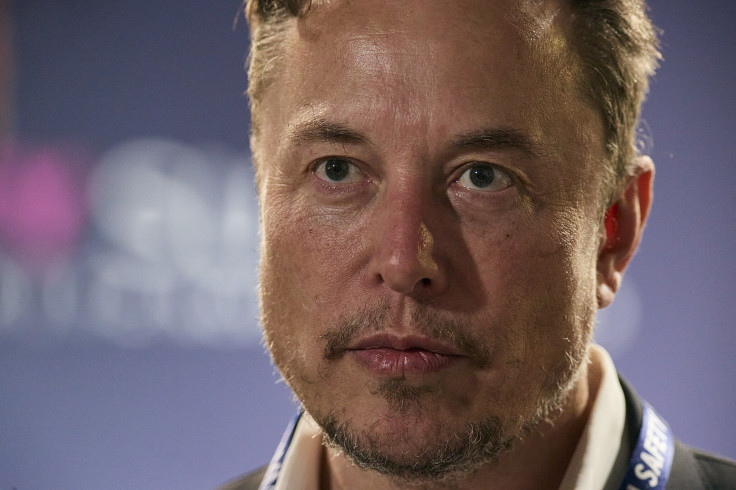Elon Musk Explains Why He Declined Millions In OpenAI Shares
Elon Musk severed ties with OpenAI in 2018, stepping down as a board member to avoid conflicts as Tesla ramped up its own AI development.

Tech billionaire Elon Musk recently explained in an X post why he declined shares in OpenAI, the artificial intelligence research company he co-founded in 2015.
Responding to a question about his founding donation, Musk raised concerns about the company's legal structure. "It isn't clear to me how the OpenAI structure is legal at all. I was offered shares a various points, but it seemed unethical/illegal to accept them," Musk wrote.
It isn’t clear to me how the OpenAI structure is legal at all.
— Elon Musk (@elonmusk) February 18, 2024
I was offered shares a various points, but it seemed unethical/illegal to accept them.
However, he remained mum on details regarding the exact timing, number, and source of the offered shares. OpenAI's valuation reportedly skyrocketed this month, reaching $80 (over £63.56) billion according to The New York Times.
The company has reportedly tripled its valuation in just a year, jumping from $29 (£23.04) billion to a staggering $80 (over £63.56) billion. This impressive growth can be attributed to a deal involving major players like Thrive Capital and Sequoia Capital.
Why did Elon Musk step down as OpenAI's board member?
Musk left the ChatGPT maker in 2018, resigning from the company's board to "eliminate potential future conflict" due to Tesla's focus on AI. However, he later cited disagreements with the OpenAI team as the reason for his exit.
The business magnate went on to launch his own AI company called xAI, focused on understanding "the true nature of the universe". Still, his critical stance towards OpenAI remains strong. Musk has been particularly taking aim at the company's multibillion-dollar deal with Microsoft.
In fact, he accused the non-profit he helped create of focusing on "maximum-profit", further noting that is not what he "intended" when he co-founded the company. He was responding to an X user's query about co-founding OpenAI despite calling AI a "huge risk".
Musk wrote in response: "OpenAI was created as an open source (which is why I named it "Open" AI), non-profit company to serve as a counterweight to Google, but now it has become a closed source, maximum-profit company effectively controlled by Microsoft. Not what I intended at all."
Elon Musk says that A.I. is ‘one of the biggest risks’ to civilization and needs to be regulated
— Genevieve Roch-Decter, CFA (@GRDecter) February 15, 2023
He co-founded OpenAI
OpenAI was created as an open source (which is why I named it “Open” AI), non-profit company to serve as a counterweight to Google, but now it has become a closed source, maximum-profit company effectively controlled by Microsoft.
— Elon Musk (@elonmusk) February 17, 2023
Not what I intended at all.
Musk, along with former Y Combinator president Sam Altman, co-founded OpenAI, a US-based research laboratory focusing on artificial intelligence (AI). Back in 2015, Musk, Altman and other prominent investors like Peter Thiel and Reid Hoffman, committed $1 (£0.79) billion to OpenAI.
According to a statement on OpenAI's website, the group seeks to "advance digital intelligence in the way that is most likely to benefit humanity as a whole".
One of OpenAI's early projects was ChatGPT, an AI-backed chatbot capable of doing anything from coding to writing essays. Under Altman's leadership, the company is reportedly developing its own AI-powered search engine to challenge Google's dominance.
Musk hasn't shied away from calling for strict rules around AI, the technology he compared to nuclear weapons in 2018. The 52-year-old AI sceptic has also expressed concerns about Google's AI becoming overly powerful in 2020.
© Copyright IBTimes 2024. All rights reserved.






